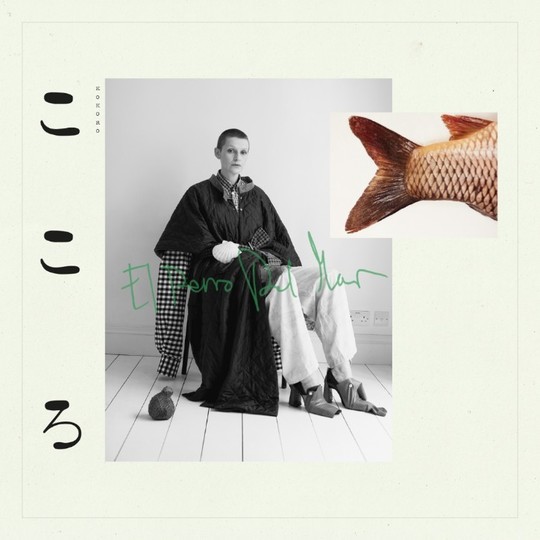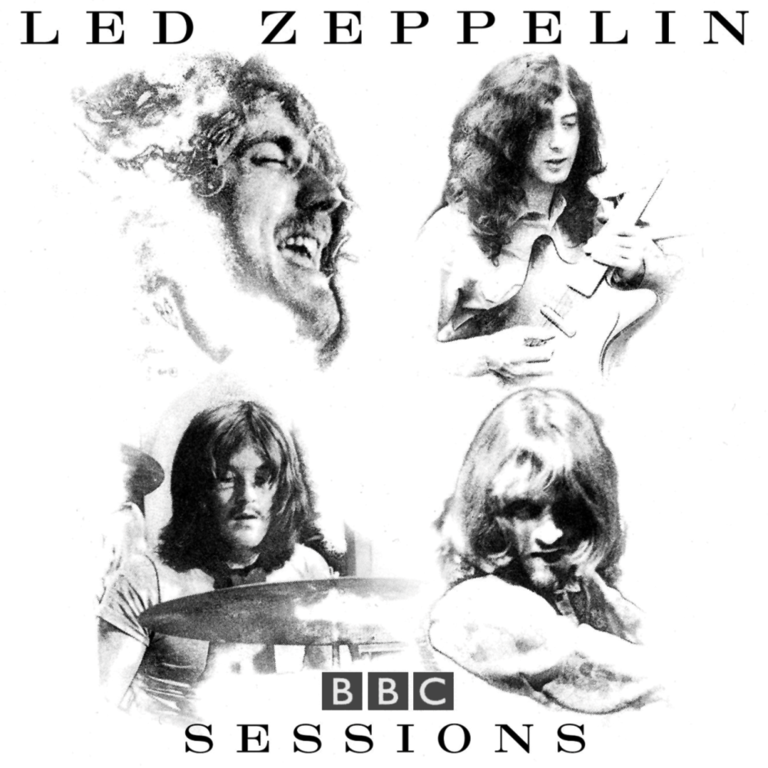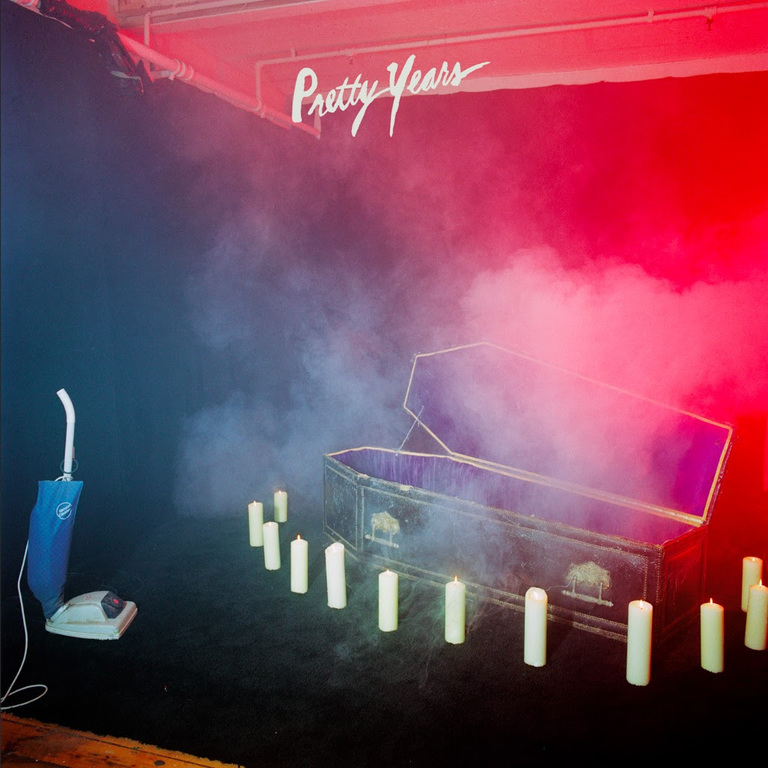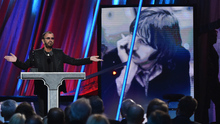It’s been a long four years since El Perro Del Mar’s last record, 2012’s Pale Fire. And her singular blend of hazy-alt-folk pop has been missed. A reminder of her music’s charms came when her exquisitely timeless single ‘God Knows (You Gotta Give To Get)’ was used at the end of season four of Lena Dunham’s Girls. That song’s call for personal betterment is a theme that often crops up in El Perro del Mar recordings, and it’s one she hasn’t abandoned for her sixth studio album.
Whilst the subjects on the record may be familiar, musically she has decided to incorporate all manner of oriental sounds on Koroko. The Swedish artist - real name Sarah Assbring - has integrated the Chinese string instrument Guzheng, the Japanese Shakuhachi flute, Arabic strings, dulcimer, and rhythms influenced by Ethiopian music into her sound with the help of multi-instrumentalist Andreas Söderström, bassist Johan Berthling, drummer Mattias Bergqvist.
Recently Major Laser came under fire for including genres like dancehall, reggae and soca in their music. Many saw it as an act of cultural appropriation, and theoretically the same criticism could be levelled at Assbring. But her application is so genuinely collaborative and unifying that is seems to avoid utilising other cultures musical motifs merely to hop on a trend for commercial means. ‘Breadandbutter’ is a fine example of a track that applies oriental chimes and rhythms for the purpose of strengthening the narrative that aims to marry eastern and western culture. And as she argues, “We all come from the same bread and butter.”
The opener, ‘Endless Ways’ also employs subtle, yet distinct, oriental strings, but its focus hones in on the individual rather than a broader group. Its breathy melody revisits the ideas explored in ‘God Knows’, but this time Assbring concedes self improvement is an inexhaustible task as she sings, “endless ways to better myself.” In less delicate hands these sentiments could be seen as mawkish and syrupy, but she steers her open-hearted positivity the right side of gushing naivety.
Her successes in this pursuit are often due to a delicate layer of melancholy that hangs over many of the compositions. Ging Ging is such a track, as its sparse instrumentation laments the unattainability of be truly satisfied. The lyrics conclude, “Happiness what ever it means is not enough/seems to me living like this is not enough,” showing Assbring is aware that some facets of the human condition are an interminable puzzle.
Musically, the record really is a finely-drawn treat. ‘Clean Your Window’s’ funky bass line frames a wonderful amalgamation of eastern and western motifs, ‘Kouign-Amman’ is a delicious slice of 60s girl group sunshine pop, and ‘A Bun Dance’ is a gratifying instrumental complete with shimmering cymbals, rhythmical pipes and rolling beats.
The jewel in the crown of the record thought is ‘Ding Sum’. It’s a dazzling number whose dreamy melody yields a firm grip. Assbring herself has described the song as one that is “Fighting for the individual and the individual heart.” It’s a wake up call to those suffocated by the noxious effects of capitalism and the dangers that consumerism engenders: “Pics of girls and ads of boys / Hit you, hit you as you go / There's a notice for your heart / To want a bit of what they got (Gimme it, gimme all!) / Listen, you got robbed / But it’s not your fault.” Kokoro is a small but significant treasure that is full of compassion, and the so-called ‘selfie’ generation would do well to pay heed to it.
-
8Bekki Bemrose 's Score























